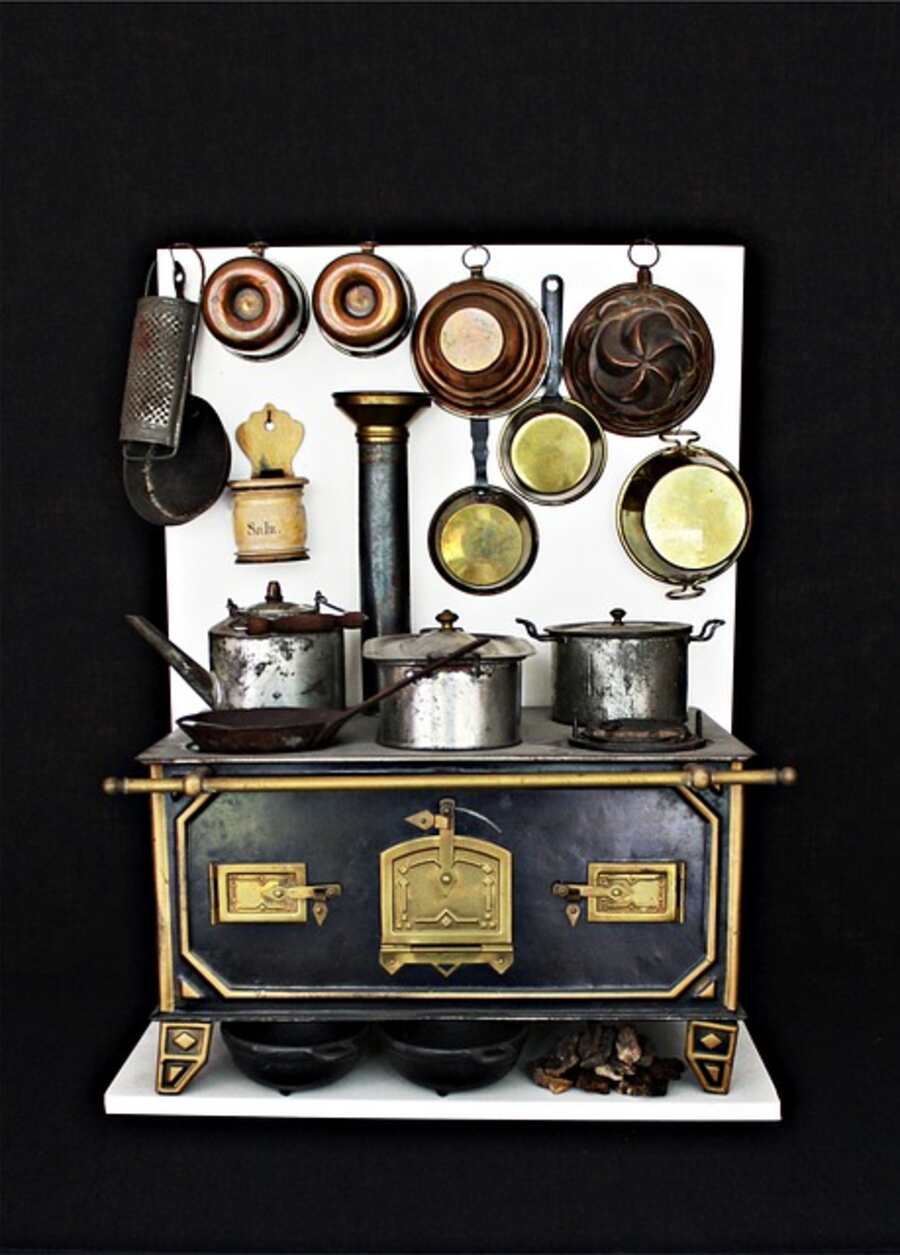A homeowner who is handy around the house should be able to install a new furnace. A few pieces of information are necessary. There is no way I can include everything I know about replacing a furnace in a short article like this one. Still, I will do my best to provide the essential information that will enable the handy reader to solve the most common problems that arise.
When it comes time to replace your heating system, you should first read up on your options. Do not take it for granted that you can keep your current furnace’s BTU output. If you are replacing an older, less efficient furnace with a newer, more efficient type, you may find that a smaller furnace meets your needs just fine. Also, be sure the new furnace can be installed in the same area and utilize the same supply and return ducts.
The next step is to get rid of the old heater. Make sure the new furnace installation is well thought out when doing this. Connecting the new heater can be simplified with a bit of forethought. Take apart the old furnace only to the extent that it needs to be removed. Then, place the new furnace so that it may use the old one’s components as efficiently as feasible.
Cut off the water, gas, or oil supply lines and turn off the electricity. Then disassemble the air ducts with care. After cutting the necessary hole in the side of the new furnace, the return ductwork can often be simply reattached. If the old furnace does not have air conditioning, the supply ductwork may be held until the new one can be rolled under the house. Because many modern furnaces are shorter than their predecessors, you may need to build a wall around the stove and shorten the return duct, or you may have to join the new furnace to the existing ductwork, brace the supply duct, and construct new conduit to reach the height of the old chimney. Duct-board material is flexible and practical for this purpose.
If your system has air conditioning, it is required to support the interior coil and the ductwork and make the switch underneath it. The inability will need hiring outside assistance to shut down and restart the system. A specialized license and set of tools are required to complete this procedure.
You may now slip in the replacement furnace after taking it apart and labeling the pieces so you know how they go back together. The supply duct is usually the first one I connect, followed by the return duct. The new furnace’s gas line and electrical connections can be fitted when these two primary components are in place. I always utilize a certified flexible gas line to simplify the piping process. The old furnace’s electrical cables may be able to connect to the new one, but if not, it’s usually not too difficult to run new ones.
Be sure to hang tight to the manufacturer’s guidelines, too!! The manual’s directions are crystal clear and easy to follow. Be sure to do everything by the book. Also included are instructions for firing up the furnace and performing the necessary checks before using it for the first time. The installation guide should be kept for future use. It also includes flowcharts and troubleshooting processes to help fix any issues in the future.
Even though I’ve been installing furnaces for over twenty years, I still consult the installation handbook before beginning work. However, after so many installs, I’ve learned to get them done in less than a day, even the most complicated ones in under two. Even though it will take you longer than that, you can still complete the project successfully and reasonably by just planning ahead and making lists of the materials and tools you will need. Alternatively, you may hire someone else to do it for you.
If you have any queries or need assistance, please get in touch with me. I can serve as a sounding board and advisor if required. It’s helpful to get a second opinion every once in a while. My contact info is as follows:
Read also: https://www.mycheapseo.com/category/technology/

